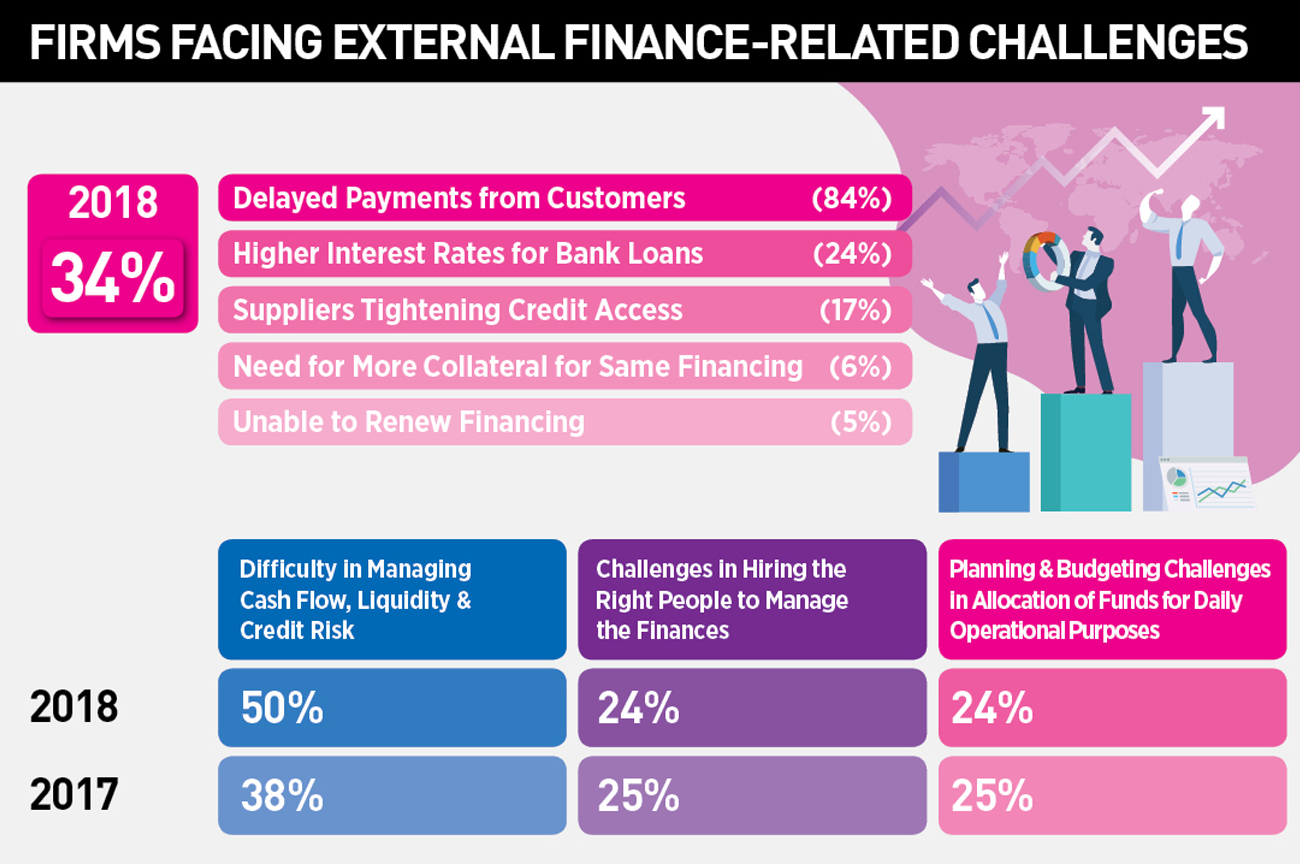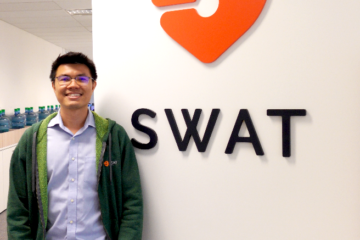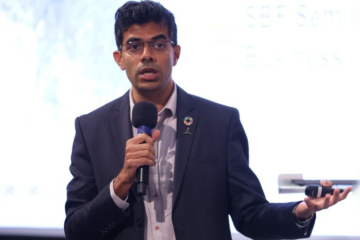
Businesses focusing on productivity: SME Development Survey
Singapore SMEs are continuing to transform their operations journey amid challenges
In the face of a slowing global economy and continued trade tensions, local businesses are continuing to leverage technology to improve their processes and ramp up productivity. This trend was reflected in the 2018 SME Development (SMED) Survey released on 5 December 2018 by business intelligence and credit analytics company DP Information Group (DP Info).
Some 2,557 SMEs took part in the 2018 edition of the annual survey, which showed that 64% of SMEs are focused on driving productivity, while another 53% are working to fine-tune their business practices. Other key areas of focus for local businesses include optimising the use of manpower (49%), introducing automation (27%) and implementing more Information Communications Technology (ICT) solutions (24%).
“In general, there are no surprises and the survey results are consistent with our understanding of the SME sector performance. The business outlook ahead is challenging due to the ongoing US-China trade tensions. However, SMEs are continuing with their restructuring and transformation efforts to address the changing business landscape and this will take some time to complete,” said Mr Ho Meng Kit, CEO, Singapore Business Federation (SBF).

Using technology to boost productivity
One SME that has successfully transformed its operations through technology is apparel retailer and wholesaler Decks, which distributes brands such as Surfers Paradise, Island Shop, Beverly Hills Polo Club and US Polo Assn. The firm also has retail stores located at West Coast Plaza, Westgate mall and White Sands Mall.
In 2014, the company rolled out a project to automate its stock-taking process using RFID technology to track inventory. This replaced a manual process that was not only time-consuming, but also prone to errors.
“Stock-taking was our least productive activity, so it was a fundamental problem that we had to solve. We turned to technology to do that,” said Mr Kelvyn Chee, CEO of Decks.
The automated system was rolled out in 2015, and allowed stock to be counted 500 times faster than a human doing the job. Encouraged by the success of the initiative, Mr Chee looked at other areas or processes in the group that could be improved with technology. Over the next three years, the firm came up with Standard Operating Procedures (SOPs) for 13 functions within the organisation that would help to boost performance.
Operational challenges
While the success of companies like Decks that have embraced technology to keep its business sustainable is encouraging, the survey also found that SMEs continue to be plagued by cashflow concerns. Some 15% of SMEs surveyed also expected turnover growth to decline in 2018, up from 11% in 2017. A third of the firms (34%) are also facing external finance-related challenges, such as delayed payments from customers.

These concerns may have led to businesses being more hesitant about investing in their business transformation. While one in four SMEs (24%) have invested in innovation and R&D this year, a 2% increase over the previous year, the investments amounted to less than 10% of their sales for the majority of these companies (75%).
To overcome such rising concerns, SMEs are looking to future-proof their business and are receptive to government support in the key areas of Financing Assistance (55%) and Workforce & Training Development (43%).
SBF support for SMEs
As SMEs continue to restructure and transform, SBF has been working on the following initiatives to support their growth:
Business transformation and skills upgrading
SBF organises an annual Future Economy Conference and Exhibition (FECE) to raise awareness of the 23 Industry Transformation Maps that aim to help businesses stay competitive. Meanwhile, SBF’s training arm, the Singapore Business Federation Institute (SBI), helps local companies build capabilities to grow as the economy restructures. Annually, SBI conducts over 200 training programmes which are well attended by close to 2,500 participants across industries and business functions.
Overseas business expansion
To grow their international business, SMEs can take advantage of SBF’s regular business missions to Asia, Middle East, Africa, Europe and the Americas. Businesses can also sign up for FTA training courses to understand and tap on the benefits of Singapore’s free trade agreements.



















